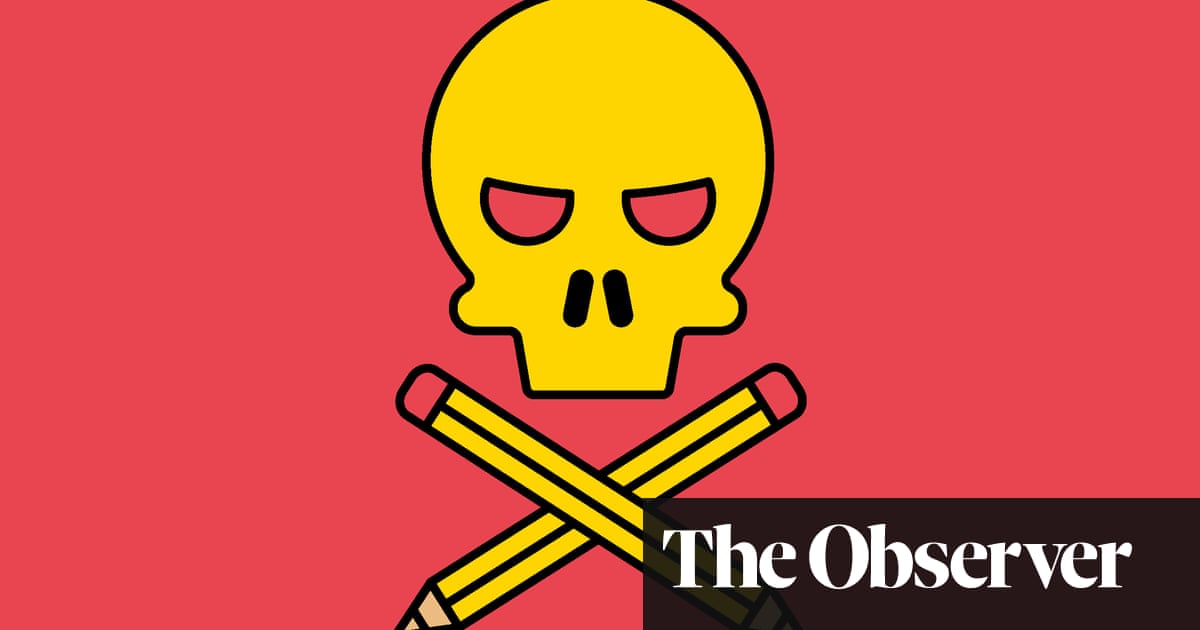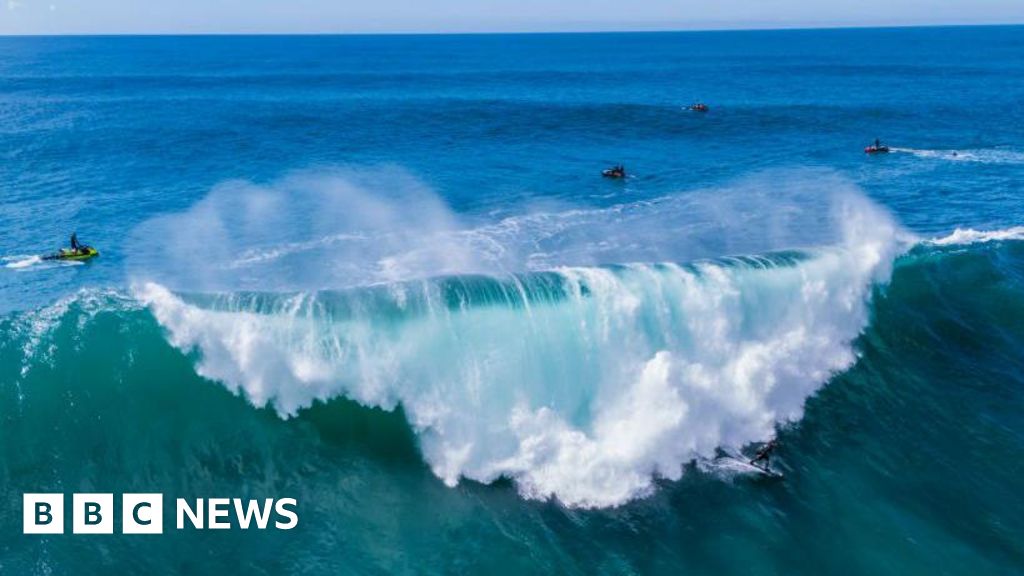New B Corp rules unveiled after critics allege greenwashing

This article is an on-site version of our Moral Money newsletter. Premium subscribers can sign up here to get the newsletter delivered three times a week. Standard subscribers can upgrade to Premium here, or explore all FT newsletters. Visit our Moral Money hub for all the latest ESG news, opinion and analysis from around the FT Welcome back. When you’re trying to build any sort of movement, there’s an obvious incentive to make your membership standards fairly accommodating. The B Corp initiative’s flexible approach towards sustainability credentials has enabled it to build a coalition approaching 10,000 global businesses — while alienating some who worry that its accreditation may not count for much. Now it’s moving to tighten standards and shore up its credibility. Will it work? Sustainability standards B Corp overhauls certification standard to ‘raise the bar’ If you buy Nespresso coffee, or Ben & Jerry’s ice cream, or open an account with the exclusive private bank Coutts, you’re backing the power of business as a force for good. That, at least, is the message you’re meant to get from the B Corporation certification carried by those brands. Since the first B Corps were certified in 2007, the movement has grown into one of the world’s most high-profile corporate sustainability initiatives. More than 9,000 businesses have received its stamp of approval, which testifies to their “high social and environmental performance”. But as the roster of certified B Corps has expanded, some members have voiced loud concern about the credentials of corporate giants that have joined their ranks, and questioned the rigour of the certification system. “Sharing the same logo and messaging regarding being of ‘benefit’ to the world with large multinational . . . companies with a history of serious ecological and labour issues . . . is unacceptable to us,” US soap company Dr Bronner’s said in February as it publicly dropped its B Corp status. So a lot was riding on a big overhaul of the B Corp certification standards, which was published yesterday by B Lab, the non-profit organisation behind the system. The new standards should go a long way to addressing the complaints and fending off suggestions that the badge was becoming a fig leaf for “greenwashing”. One of the biggest weaknesses of the existing B Corp system is the arcane complexity of its membership requirements. Applicants submit answers to questions on various social and environmental aspects of their business, with points awarded accordingly. A big slug of bonus points can be awarded if B Lab considers a company to be pursuing an “impact business model”. Companies can gain B Corp certification if they achieve at least 80 points out of the possible 200 — meaning that a B Corp might be allowed to perform terribly on some metrics, as long as it does well on others. The new system — to be implemented from next year — will abandon this approach. Instead of a scoring system, it will impose a wide-ranging set of minimum requirements across seven key areas, from climate action to human rights. B Corps will no longer have the option of neglecting more difficult areas and compensating with outperformance in others. The new approach should be far easier for consumers to understand — and therefore much more useful to them. In another departure, B Corps will need to demonstrate improving standards over time — something that has so far only been encouraged. In another departure, B Corps will need to demonstrate improving standards over time — something that has so far only been encouraged. Larger companies will face more extensive requirements, notably around tax practices and social impacts in their supply chains. Arguably the most significant change is around third-party verification, which will be required for all certifications. This change has in effect been forced by new EU rules that require such assurance around sustainability labels. In any case, it should address widespread concerns that B Lab simply doesn’t have the staffing or resources to properly vet the claims made by would-be B Corps. Clay Brown, the interim co-lead executive of B Lab Global, told me the new standards would require all B Corps to “raise the bar” to remain part of the initiative. “There may be some companies that choose not to meet the new standards,” he added, though he stressed that the system was designed not to put impossible burdens on companies. While the changes mark a significant improvement, they fall short of what is needed, argued David Bronner, chief executive of the ex-B Corp Dr Bronner’s. Bronner called for tighter standards around supply chain disclosures, as well as greater rigour around animal welfare. “This is a fundamental thing where you’ve got multinationals moving in to take advantage of the system,” he told me. Bronner is unlikely to be alone in wishing that the new standards had gone further. And we still need to see how strictly they are enforced, with full details of third-party verification requirements still to come. Yet yesterday’s announcement marks an important, and welcome, change of approach. The B Corp initiative has enjoyed impressive growth, with the number of certified companies more than doubling from 3,735 at the end of 2020 to 9,402 four years later. But, like other sustainable business coalitions, it has faced an increasingly severe tension between quantity of members and quality of standards. By acting to reinforce the latter, it has boosted its chances of remaining relevant in the long term — even if it comes at the cost of slower expansion. Smart reads Tough talk The US has threatened retaliation against any international levy imposed on shipping emissions, as negotiators discuss the matter in London this week. Warning sign Arctic sea ice hit a record low last month. Teenage kicks Some US states are considering weakening restrictions on child labour, amid strain on the job market.


















